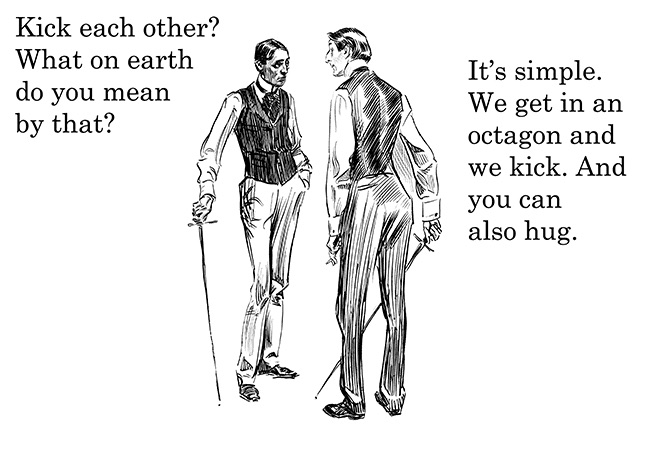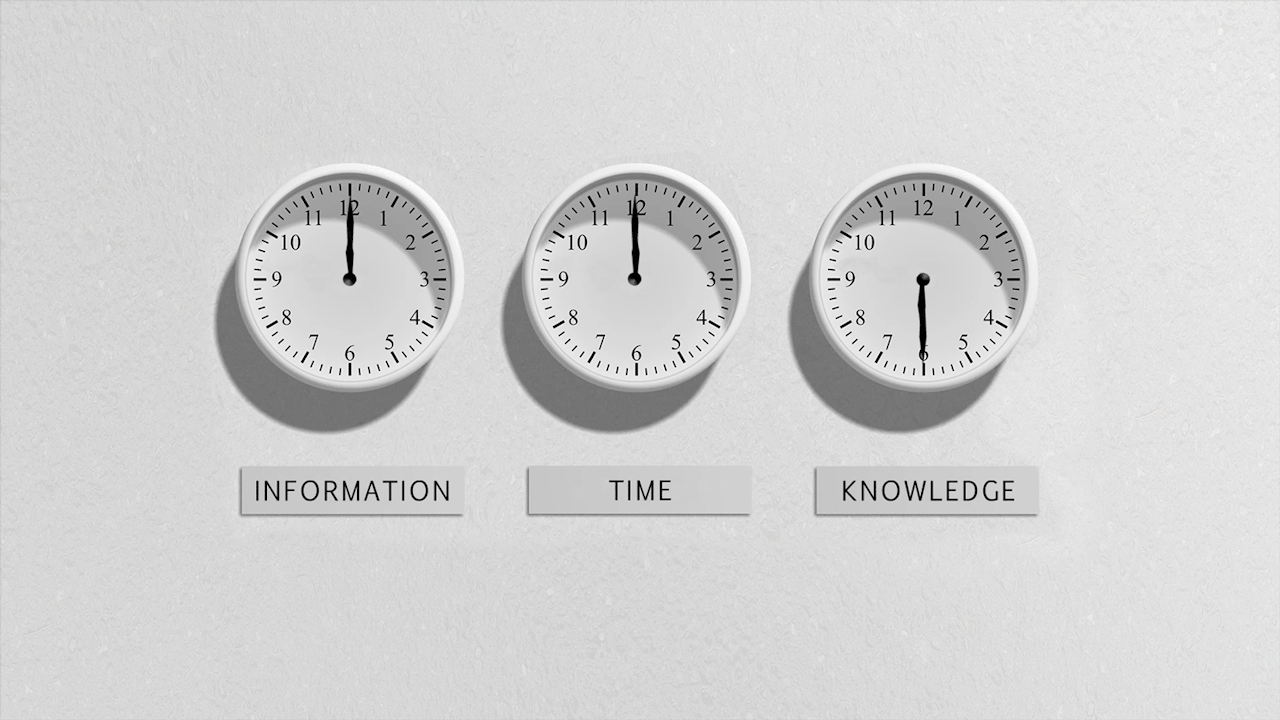
Haven’t you seen the saying of Master Yantou that whenever you have an object of esteem, it becomes a nest?…
Those who get a taste for the sayings of people of old make extraordinary sayings and wonderful statements into a nest…Those who get a taste for a state of quiescent silence without words or speech make a nest of closing the eyes and sitting in a ghost cave in a mountain of darkness on the other side of the prehistoric Buddhas. Those who get a taste for the goings-on of daily activities make a nest of raising their eyebrows, blinking their eyes, and alerting attention…
If you do not have a strong will and discipline to step back and realize your error, you will imagine what you esteem to be extraordinary, imagine it to be mysterious and marvelous, imagine it to be peace and security, imagine it to be ultimate, imagine it to be liberation.
Those who entertain such imaginations could not be helped even if the Buddha appeared in the world. In the teachings this is called the confusion of ignorance and benightedness. Why? because you are ignorant you cling to error and consider it right. Because you are benighted you remain plunged into what you esteem and cannot budge.
If you do not produce anything in your mind, and are not fixated on anything, then you have no object of esteem. When you have no object of esteem, you naturally have no greed and no dependence on things, independent in the midst of things, with bare-boned strength.
If you want such accord right now, it is not difficult; just be equanimous in mind, unaffected by anything. What is affectation? Formulating concepts of sentient beings, concepts of Buddha, concepts of the mundane, concepts of the transcendental, concepts of seeking detachment, concepts of seeking enlightened knowledge. Those are all called affectations.
Just concentrate intensely on the brink of arousal, and leap out in one jump — this mind will be clear, independently liberated. Then as soon as you sense this, turn upward, and you will spontaneously be lucid everywhere; it will be evident in everything.
When you manage to reach such a state, don’t keep taking note of it. If you keep taking note of it, then you’ll have an object of esteem.
treasury of the eye of true teaching


